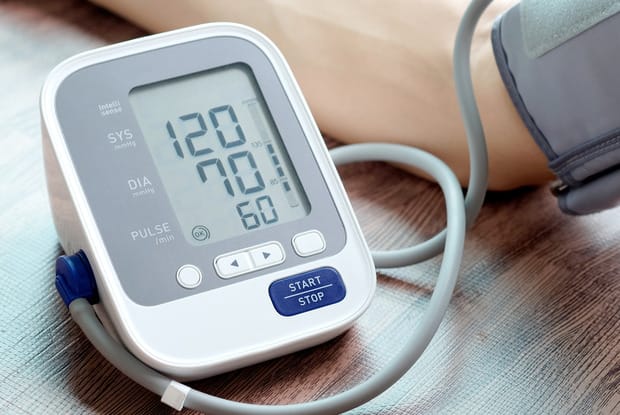Table of Contents
II. Risk Factors for Heart Disease
III. Common Side Effects of Diuretics
The Function of Lasix
Over 30 million people in the United States are diagnosed with heart disease. This disease kills hundreds of thousands of people a year, and the best way to deal with this disease involves medication and lifestyle changes. Because one out of every four deaths in the United States is caused by heart disease, diuretics are commonly taken medication. Diuretics like Lasix medication are frequently used in the treatment plans of those with cardiovascular disorders.
Heart disease develops over time due to several factors, including high cholesterol and high blood pressure. These factors typically develop due to genetic and lifestyle choices. The increase in blood pressure makes the heart work harder, which makes it more difficult for the blood to reach parts of the body. The heart can enlarge over time and lead to heart disease.
Heart disease has many symptoms, including edema. Blood that does not circulate creates extra fluid accumulation in the body and causes swelling (edema). Diuretics like Lasix are used to reduce this side effect and improve everyday functioning. Diuretics can significantly improve heart disease symptoms, but it is important to know any side effects that may occur with long-term diuretic use. [1] Read on to learn more about heart disease and the side effects of Lasix.

Risk Factors for Heart Disease
Doctors have identified three categories of risk factors that may influence the development of cardiovascular problems. These categories include major, modifiable, and contributing risk factors. It is essential to remain mindful of your heart health throughout your life to prevent heart problems as you get older. Heredity and aging are two factors you can’t necessarily control, but patients can change the modifiable risk factors. The risk factors you can control include:
- Smoking tobacco
- High blood cholesterol caused by a poor diet
- High blood pressure
- Physical inactivity
- Being obese or overweight
- Diabetes
- Stress
- Excessive alcohol consumption [2]
Common Side Effects of Diuretics
Generally, diuretics are well-tolerated by most patients. They rid the body of excess salt and water, which can increase urine frequency. Generic Lasix is most often prescribed for high blood pressure but can be used for several other conditions. Common side effects of diuretics can include:
- Headache
- Too little potassium in the blood
- Low sodium levels
- Dizziness
- Thirst
- Muscle cramps
- Skin rash
- Gout
- Diarrhea
- Increased blood sugar

The above side effects are not incredibly serious, but serious side effects can occur in some cases. Serious side effects include an allergic reaction, kidney failure, and an irregular heartbeat. When your kidneys are processing extra fluid to prevent edema, they may become overloaded and lead to kidney failure. When diuretics flush out extra fluid, they may flush out essential nutrients like potassium, leading to an irregular heartbeat. [3] An irregular heartbeat can lead to other cardiovascular conditions, affecting your overall health.
Lasix may have its own serious side effects that may include:
- Dark urine
- Dehydration
- Fever
- Nausea
- Loss of appetite
- Rapid weight loss
- Clay-colored stools
- Dizziness
- Stomach pain and constipation
How to Take Lasix Safely
As with all medications, it is essential to read all directions carefully. It is important to tell your doctor if you are pregnant or planning to become pregnant if your doctor prescribes Lasix. Doctors and researchers are unsure if a Lasix pill will harm a fetus, but Lasix does pass into breast milk and may harm a nursing baby. This drug may also affect breast milk production.
Your dose of Lasix is based on your medical condition, age, and treatment plan, so it is important to take it as prescribed. If you want to stop taking Lasix, tell your doctor immediately because it could significantly impact your heart disease or congestive heart failure treatment. High blood pressure often does not present any symptoms, so do not stop treatment even if you feel fine. [1] Treating heart problems is an ongoing process, and Lasix can significantly improve your symptoms, but talk to your doctor to learn more about taking your medications safely.
DISCLAIMER: The information in the article is not meant to be used for treatment or diagnosis. It is designed for general awareness and for information purposes only. Always consult a medical professional for your specific healthcare needs.
